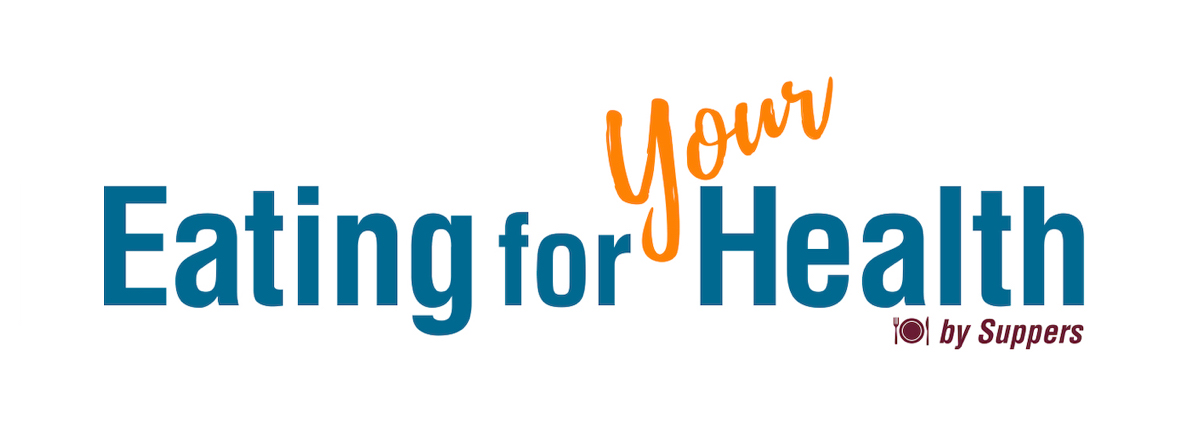We believe that what we eat plays a crucial role in maintaining a healthy lifestyle, and our programs aim to provide “eaters” with the knowledge and resources to make informed food choices. Through a combination of education, cooking programs and ongoing support, we empower people to develop sustainable eating habits that align with their unique needs and goals.
Our programs emphasize a practical approach to nutrition, focusing on incorporating a variety of whole foods such as fruits, vegetables, lean proteins, whole grains, and healthy fats. We encourage portion control and mindful eating to foster a healthy relationship with food and prevent overeating. Our team of subject matter experts and members of our Scientific Advisory Committee help us to create curriculum that will address specific dietary concerns, such as food allergies, intolerances, or medical conditions such as chronic inflammation and Type-2 diabetes.
We take a practical, hands-on approach to help people move towards healthy behavior change. We highlight the importance of eating whole foods and discovering a way of cooking and eating that supports YOUR health. Several programs are peer-led and designed to connect you with people having similar experiences.
CLICK HERE TO LEARN MORE ABOUT PROGRAM CURRICULUM
"At the Table" Meetings
Meetings are conducted by Trained Peer Facilitators committed to supporting good health through cooking and eating a whole foods diet. Meetings take place in community kitchens and other venues. Most start with food preparation, followed by a meal and discussion of a food and/or health-related topic. Examples of health-related topics include immune support, blood sugar regulation and brain health. Meals are carefully planned, always using whole food ingredients, considering the needs of the group and particular dietary preferences. Whenever possible, food is sourced locally, seasonally and ethically.
Workshops
Workshops focus on food and health-related topics and often involve food demonstrations with presenters who have expertise in their fields.
Here are a few examples of topics:
- Grocery Workshop – The quality of food matters
- Healthy Eating Challenge – Fueling Your body and brain with the first meal of the day
- Gut Health - Fermentation – Kraut Making – Importance of the Microbiome and Gut Health
- Low Carb Baking with Nut Flours
- Tasty Greens – Salads, Slaws and Dressings
- Teas and Tinctures for Immune Support
- Flavor Balancing
- Cook Ahead Meals
Programs for Economically Disadvantaged Communities
Chronic disease affects all communities, and we know that some racial and ethnic groups have a higher incidence of chronic disease and an increased incidence of related complications.
We’ve piloted programs within Trenton/Lawrence communities with programs at the Trenton Farmers' Market and with Capital City Farms. We also have a Signature Meeting held once a month at the Bethany House in Trenton. These programs are supported and planned by Suppers staff in collaboration with community partners. Whenever possible, funding is provided so that participation is on a suggested-donation basis. The ultimate goal is to fund programs so that no person is turned away due to the inability to pay.
Events
Conferences and events are organized around a health-related theme with several speakers and subject matter experts presenting their perspective on a given health topic. Collaborations with our community partners are often featured.
Sourcing Health Locally – An event where farmers, eaters, cooks, health advocates and medical practitioners come together to discuss how food sourcing can affect the course of one’s life.
